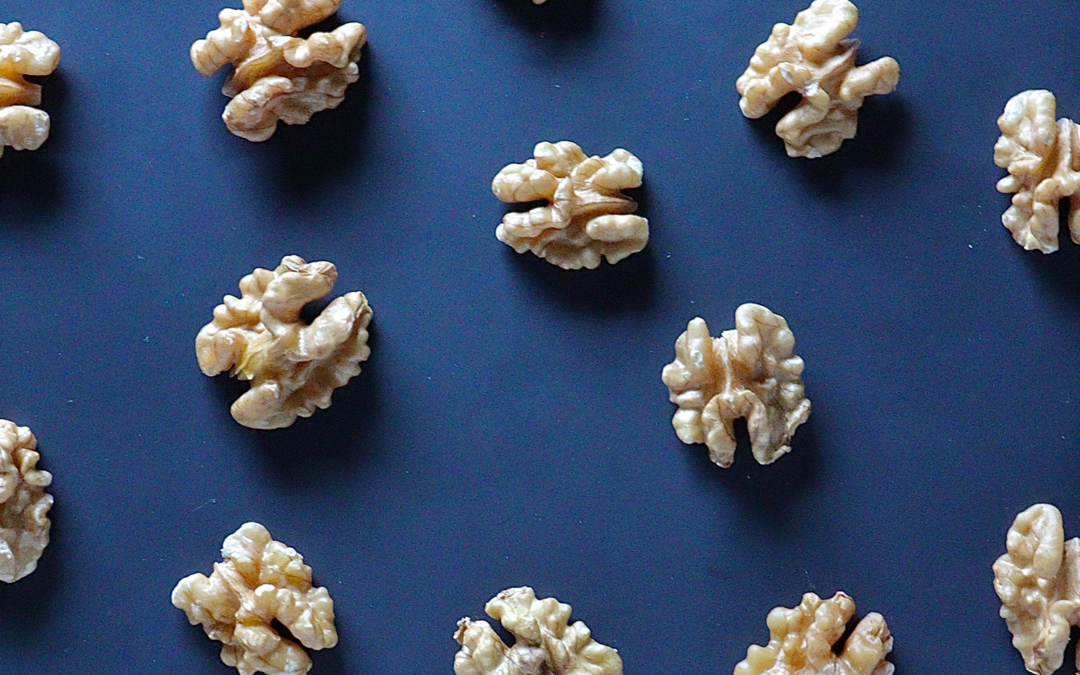Dr. Stephen Hursting discusses obesity research
April 25, 2016 • Watch Stephen Hursting, Ph.D., M.P.H. discuss his research on Fox 46.
April 25, 2016 • Watch Stephen Hursting, Ph.D., M.P.H. discuss his research on Fox 46.
April 12, 2016 • Cashew Chipolte Crema recipe designed by Chef Megan Lambert, Senior Instructor at Johnson & Wales University.

March 28, 2016 • Researchers striving to break the link between obesity and cancer have found in a new preclinical study that significant weight loss through calorie restriction, but not moderate weight loss through a low-fat diet, was linked to reduced breast cancer growth. The preliminary findings (abstract #4321) will be presented from 1-5 p.m. April 19 at the 2016 American Association for Cancer Research Annual Meeting in New Orleans.

March 28, 2016 • Promising work is underway in the laboratory of Dr. Stephen Hursting at the NRI to identify dietary interventions that can reduce the risk of cancer. Omega-3 fatty acids are well known anti-inflammatory dietary supplements. Because inflammation is associated with cancer, Hursting is investigating whether these supplements can reduce risk of developing cancer.
March 24, 2016 • Obesity is a disease that impacts all levels of society. It is the most prevalent nutritional disorder among children and adolescents and is continuing to rise. In 2012 more than one-third of children and adolescents were overweight or obese. According to the Centers for Disease Control and Prevention (CDC), childhood obesity has more than doubled in children and quadrupled in adolescents over the past 30 years.
March 10, 2016 • A team of researchers from the University of North Carolina’s Chapel Hill Nutrition Research Institute (UNC NRI) created and tested what it believes is a more reliable method to measure antioxidant capacity.
Currently, many assays involved hydrogen atom transfer reactions (like in oxygen radical absorbance capacity [ORAC] and total radical trapping antioxidant parameter [TRAP]) or electron transfer. The UNC assay measures the activation of antioxidant response elements (AREs). AREs are said to turn on genes in the body that make enzymes for protecting cells against free radical damage.